OUR PROGRAMS
The ASEAN Law Institute will undertake four things, namely, the creation and dissemination of ASEAN legal knowledge, the development of ASEAN capacity and cooperation on ASEAN legal matters, the creation of ASEAN consensus on ASEAN legal matters and support for ALA advocacies, and the monitoring of the implementation of certain ASEAN legal instruments. [Read more]
ASEAN legal knowledge creation and knowledge dissemination. The Institute will create a Panel of ASEAN Legal Experts to assist in the creation, organization, deepening, and dissemination of knowledge regarding ASEAN national laws, the comparison of such national laws, and ASEAN regional law.
The ASEAN Panel Experts may serve as special rapporteurs to study, investigate, and deliver independent expert’s reports to the various ALA Standing and Ad Hoc Committees. An important part of the expert’s report would be a draft model ASEAN national law or regulation, or a draft ASEAN agreement. In many international organizations, special rapporteurs have been instrumental in the codification and progressive development of international law through the adoption of new treaties.
For the purpose of knowledge dissemination, the Institute and the ASEAN Panel Experts will assist the ASEAN Law Journal editors in soliciting, writing, and editing articles for publication and in ensuring the timely publication of the Journal.
Development of ASEAN capacity and cooperation on ASEAN legal matters. There is a need to develop the capacity of decision-makers and advisers in ASEAN national governments to meaningfully engage in the process of ASEAN harmonization, regionalization, and dispute resolution; as well as to foster intra-ASEAN cooperation among these government decision makers and advisers.
The Institute, together with the ALA National Committees, can identify national officials and organizations that can benefit from training on ASEAN harmonization, regionalization, and dispute resolution. The Institute, through the ASEAN Panel Experts or other experts, will provide training to develop the ability of these officials and organizations to lead and support the legal processes of harmonization, regionalization, and dispute resolution.
For intra-ASEAN cooperation development, the Institute and the ALA National Committees will identify national officials and organizations that may benefit from short-term professional exchange arrangements similar to the Judicial Training Exchange proposed by the ALA Ad Hoc Committee in 2014.
Creation of ASEAN consensus on ASEAN legal matters and support for ALA advocacies. The best draft model national laws and regional agreements will remain as drafts if decision makers in the ASEAN governments are unaware of these documents, are unfamiliar with these drafts or are in disagreement concerning their key provisions. The Institute will seek to develop ASEAN-wide understanding and consensus on model national laws, regional agreements, and intra-ASEAN dispute resolution mechanisms, through conferences, seminars, and events.
The Institute will also provide support for the policy advocacies of the various ALA National Committees, Standing Committees, Ad Hoc Committees, and sub-committees. The ALA Standing and Ad Hoc Committees have conducted studies and provided recommendations to the ALA Governing Council regarding (i) International Law; (ii) Legal Profession; (iii) Business Law, including Trade and Investment; (iv) Legal Education; (v) Legal Information; and (vi) Alternative Dispute Resolution.
Monitoring the implementation of ASEAN legal instruments. ASEAN legal instruments will have a tremendous positive impact on the quality of life and human development in the ASEAN region. And yet, these legal instruments face challenges in their implementation. The Institute will seek to harness the ideas and energies of the various stakeholders in the ASEAN legal, business, and public sectors for the purpose of monitoring and ensuring the prompt and proper implementation of ASEAN legal instruments, particularly legal instruments pertaining to economic matters.

